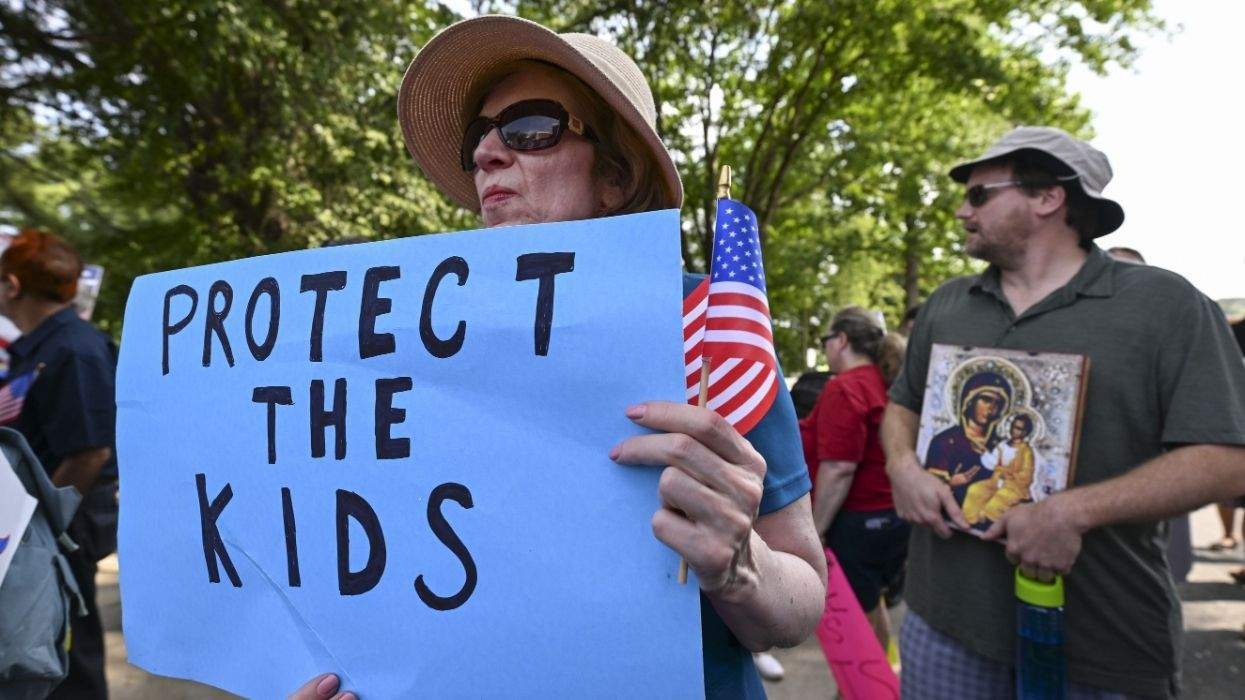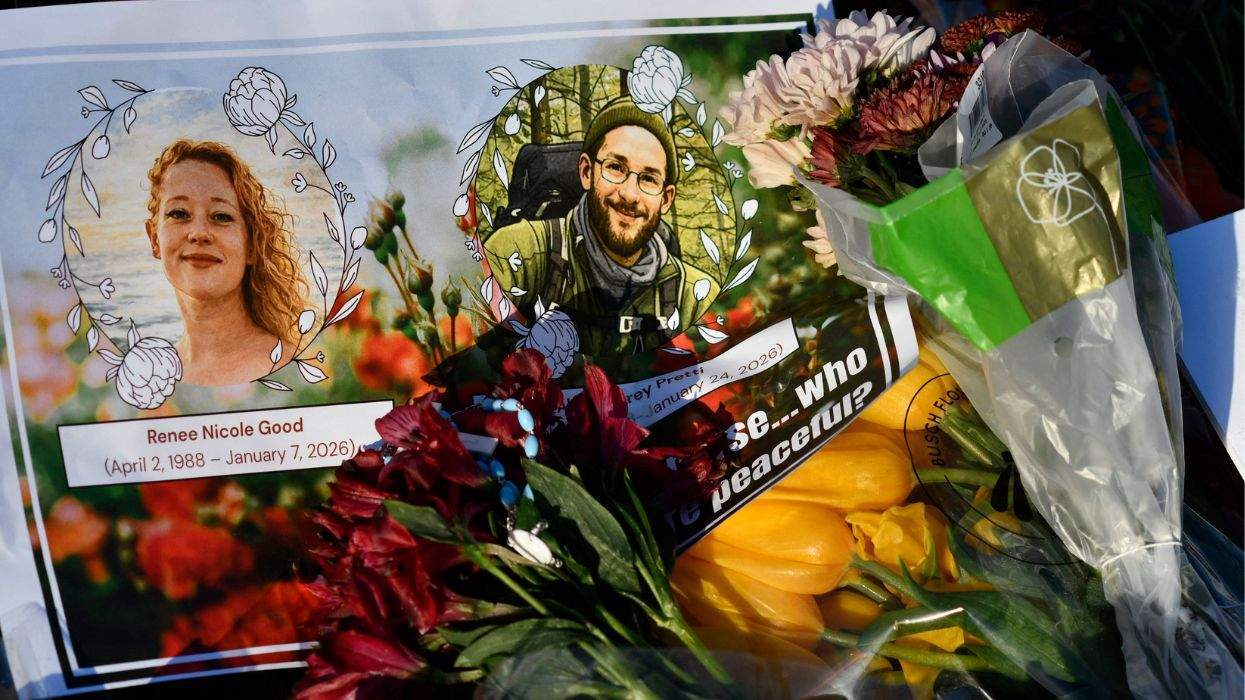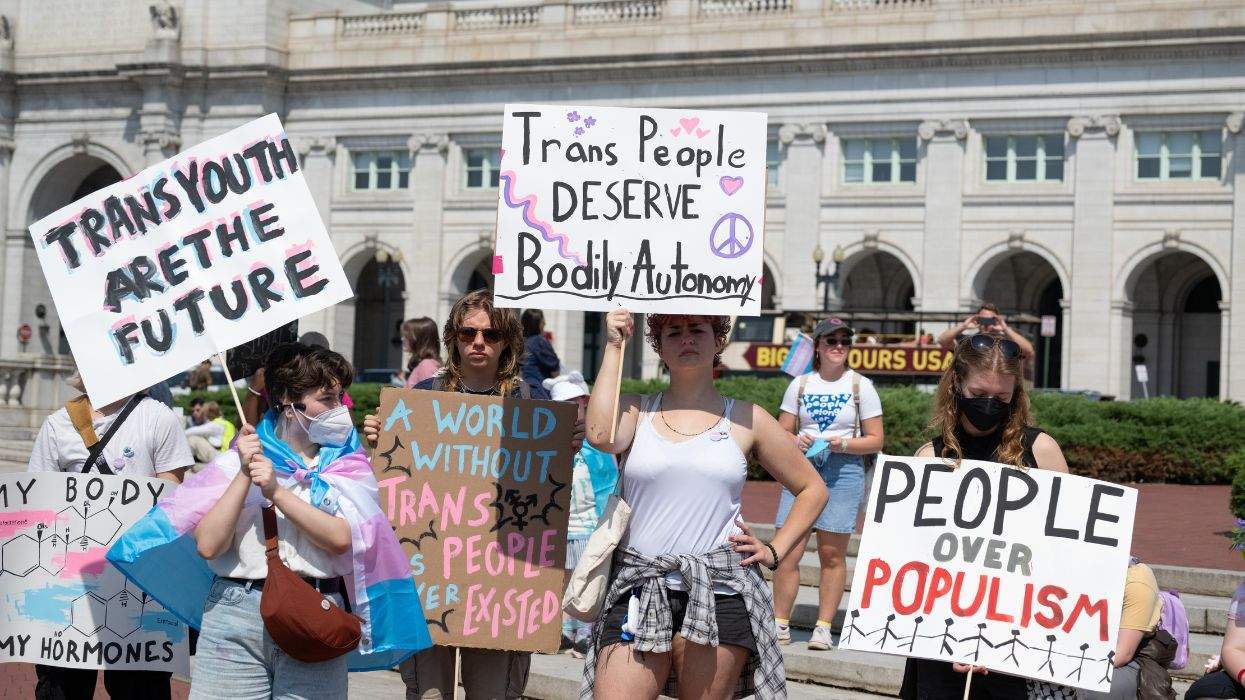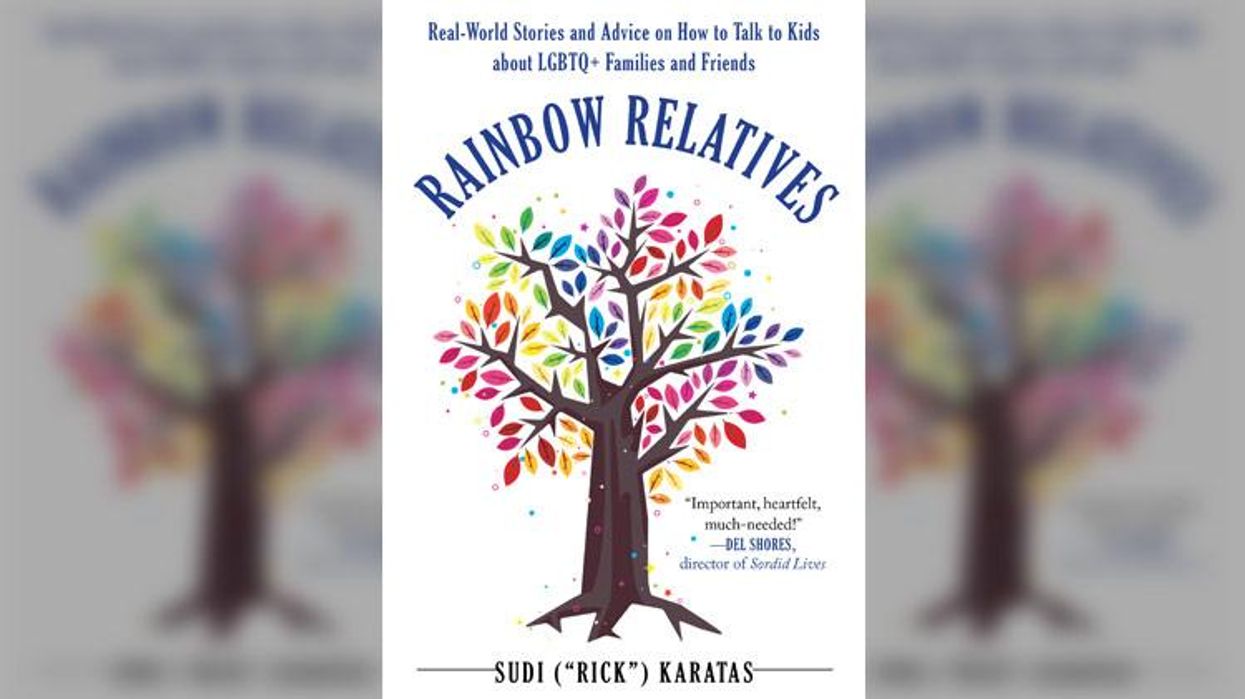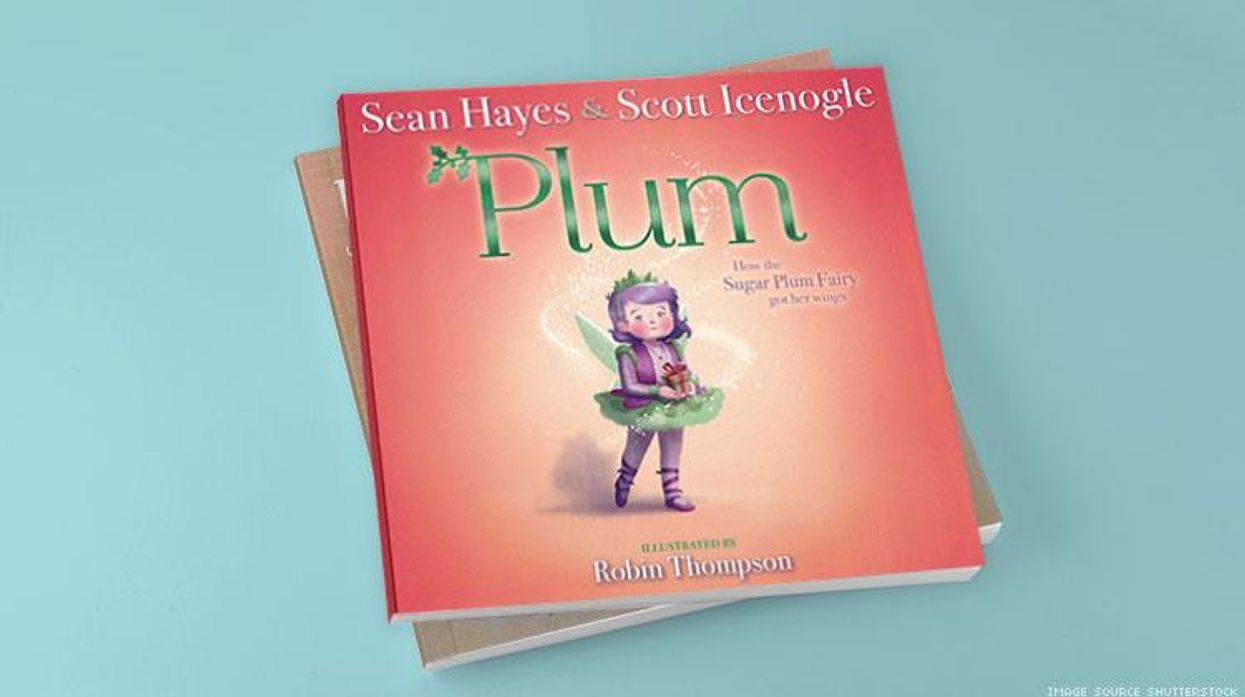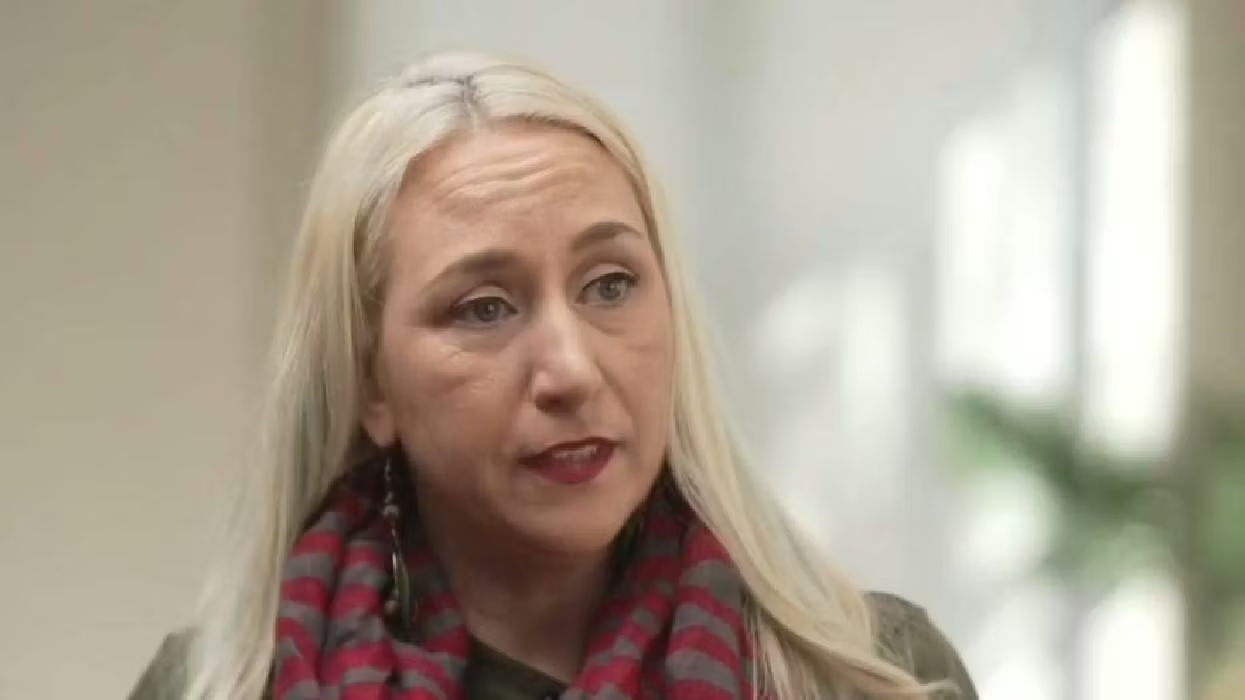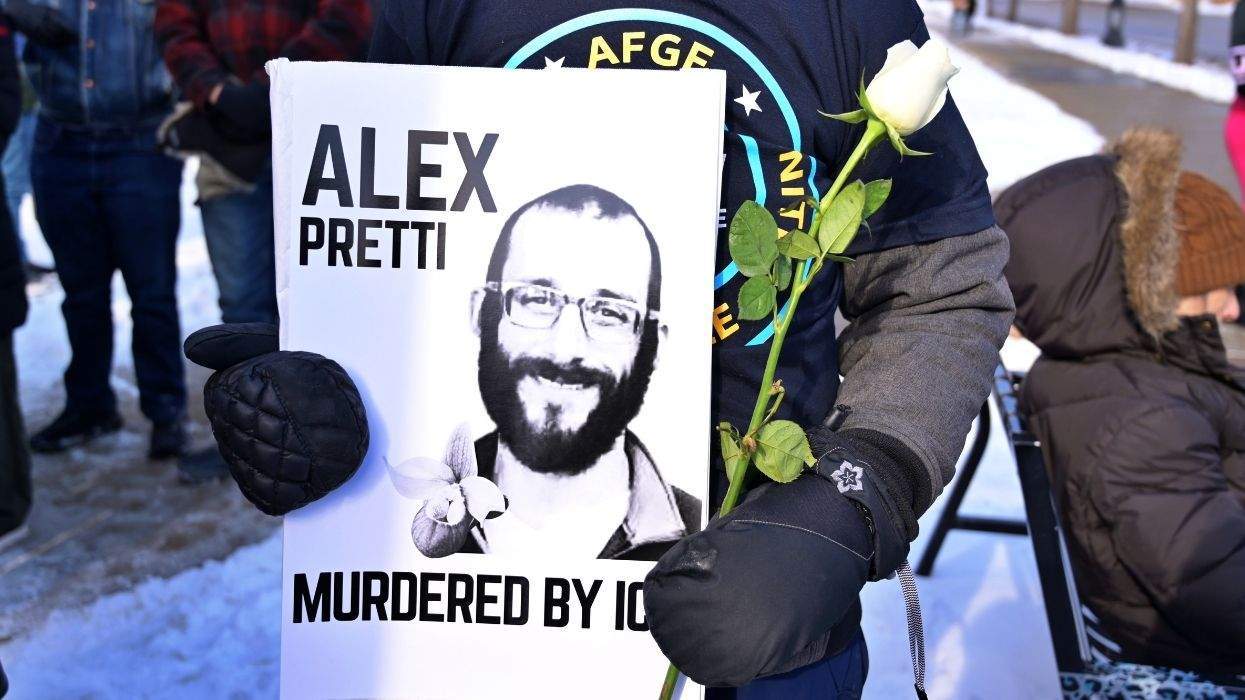Sometimes, I'll hear HIV-positive people talk about how the best way they can prevent HIV is to only date or have sex with other HIV-positive people. I can understand this line of thinking; I used to hold the same sentiment. Still, the longer that I live with HIV, and the more advances I see being made in science, I think we need to scrap this idea altogether.
After all, I don't want to limit my romantic and sexual relationships just because of antediluvian cultural practices that no longer serve anybody.
Serosorting, the idea that gay and bi men seek out partners of the same HIV status, has been around for decades. While it makes logical sense, like all other guesstimate-based sorcery, serosorting doesn't actually work. And it's not without negative cultural consequences, either. More to the point: Self-segregation isn't exactly the best way to foster communication and sharing -- feelings or bodily fluids.
A study in 2012 found that while we all think it works, it's an "ineffective risk reduction approach," particularly in certain subpopulations of our community -- like drug users. Another study released the same year indicated that serosorting works a tiny bit only when it's the only risk reduction strategy being used.
Yes, "only topping when barebacking" is a more effective HIV prevention strategy than serosorting.
This isn't terribly surprising. Late last year, the CDC reported that about 170,000 people think they're HIV-negative but are actually HIV-positive. In other words, when those folks serosort -- and have unprotected sex only with HIV-negative people -- they're not exactly preventing HIV.
"But," I can hear people say, "what about condoms?" People who use condoms perfectly and religiously aren't acquiring HIV via sex. And since we're still seeing people seroconvert, we must conclude that "condoms only" has reached its peak efficacy as a mass prevention effort.
There are people who usually use condoms but sometimes don't; there are people who never use condoms; and there are people who try their best to use condoms but often do not. We need to talk about HIV prevention that works for those people, because it's those people who are seroconverting.
With that in mind, we need to be talking about PrEP and Treatment as Prevention (TasP) a lot more.
PrEP, or pre-exposure prophylaxis, entails an HIV-negative person taking a single pill once a day to prevent the acquisition of HIV. In fact, this pill is more effective than condoms at preventing HIV. TasP entails an HIV-positive person seeking treatment. By treating HIV, an individual, like me, can reach an undetectable viral load, like I have. This means that there are no measurable copies of HIV in my bloodstream. For me, TasP is sort of like PrEP but in reverse: I'm an HIV-positive person who takes one pill once a day (with no side effects) so I don't transmit HIV to others.
Anyway, I've had a lot of HIV-negative guys on the hookup app Scruff hit me up. It's weird because I thought I'm supposed to be outright rejected or relegated to posting "only other HIV+ guys!" On my profile, I have my HIV status and the fact that I'm undetectable in my bio; they have the fact that they take PrEP in their bios; and they enthusiastically want to get naked with me.
Crazy, right? Not really; it makes sense. I know the risks from my end -- there really are none since I take ownership of my health and manage my virus.
From their end, those HIV-negative guys have actually taken ownership of their health and their bodies, too. They've researched what HIV is and what PrEP is. And they know how effective taking their PrEP precisely as prescribed is at stopping HIV. So they're not concerned, either, at least about HIV.
In other words, positive and negative partners can certainly mix nowadays "safely" -- at least in terms of HIV. If everyone's being open and communicative about their status, we have plenty of tools at our disposal that needn't include self-segregation. u
Josh Kruger is an award-winning writer and commentator in Philadelphia who uses his own experiences with drug addiction, homelessness, and HIV to discuss social problems, sex, and politics.

